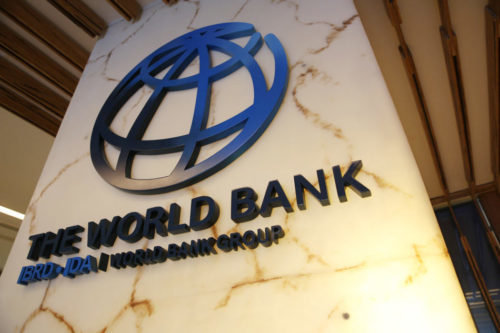The World Bank has disclosed that import restrictions and non-flexible exchange rate management of the Central Bank of Nigeria (CBN) are the major driving forces for food inflation in Nigeria.
The Washington-based bank said this in a new biannual report by the World Bank known as Africa’s Pulse.
“Rising food prices are the underlying factor behind the surge of headline inflation in Nigeria. Food prices have increased due to import restrictions and a nonflexible exchange rate management.
“The current regime is keeping the official exchange rate of the naira artificially strong while the naira has weakened significantly on the parallel market. Additionally, the central bank has restricted importers’ access to foreign currency for 45 products and has reduced the supply to other importers.
“Inflation reached a four-year high at 18.2 per cent in March 2021, then eased to 16.0 per cent in October 2021 as food price inflation fell from a peak of 22.9 per cent in March to 18.3 per cent. Headline inflation rose to 15.7 per cent in February 2022, up by 0.1 percentage point from the two preceding months,” the World Bank report stated.
The report further stated that food and fuel shortages weighed on consumer prices despite fuel subsidies, adding that the war in Ukraine would likely worsen inflation rates.
“Food and fuel shortages put pressure on consumer prices despite fuel subsidies. Inflation is expected to remain high as the negative effects of the war in Ukraine are still coming through, with an annual projection of 14.8 per cent for 2022. Going forward, headline inflation is forecast to decline gradually to 13 and 11 per cent in 2023 and 2024, respectively,” it added.
Copyright Ships & Ports Ltd. Permission to use quotations from this article is granted subject to appropriate credit given to www.shipsandports.com.ng as the source.

